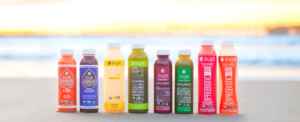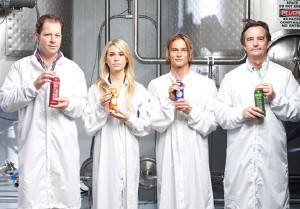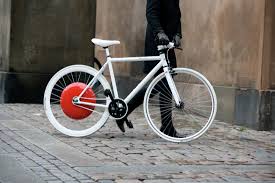From their fashionable gym clothing to their progressive office environment, Gymshark is one of the UK’s fastest growing companies. Started by Ben Francis in 2012, Gymshark seeks to create gym apparel that is both functional and fashionable. Many millennials have probably heard of the company, considering their outstanding social media and internet presence. The majority of their marketing comes from Youtube Stars, famous athletes, and popular Instagram models, but, how did Gymshark get this big?
We can start with their founder, Ben Francis. Since a child, Ben was always pursuing the entrepreneurial dream. As a teenager, Ben was obsessed with making websites, and using the internet to generate passive income. His most successful site sold custom British licences plates, inspiring him to do more. After the iPhone’s release in 2007, Ben saw a market, creating 4 apps in the span of a few years, 2 of them being fitness apps. Then, in 2012, Ben and one of his friends decided to start another website, Gymshark. With the Dream of becoming a Titan in the fitness industry, Ben worked 70+ hours a week designing, sewing, and shipping his newest brand, Gymshark. At the beginning Gymshark only sold embroidered tank tops and t-shirts, but they new something wasn’t right. They saw a problem with the shirts the were ordering, the sleeves were to long or the seams weren’t tailored in a way that made the male physique look good for gym-goers. Solving this problem has made the company millions.
Gymsharks advertising and marketing venture started a bit unconventionally. As the product started to gain popularity, Ben decide to send his merchandise to popular YouTubers and bodybuilders, asking them to review it and wear it. Of course, they loved the product. Gymshark now markets entirely on celebrity endorsments, reaching out to up and coming Instagram models and YouTubers offering to “sponser” them (essentially asking them to wear their product in the pictures and videos they create).
Gymshark certainly has an inspiring story, taking the drive and innovation out of a man and turning it into a company that is forcing big brands like Nike and Adidas to re-think how they design their clothes.












